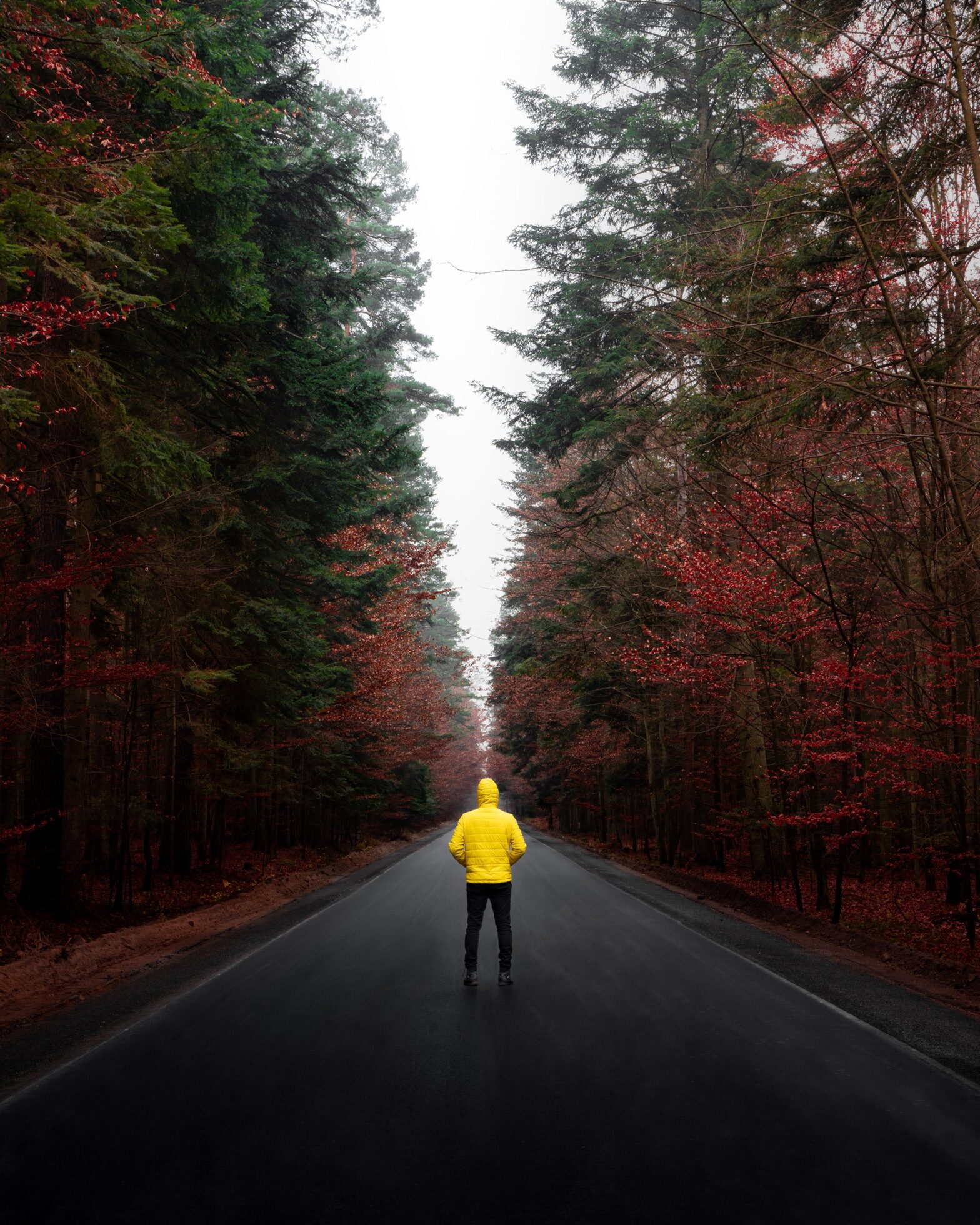Forgiveness

I often quote a chunk of wisdom from a mentor of mine. Goes something like this: “Human beings are always forgivable. There are, however, acts horrible enough to be unforgivable.”
My head got well-twisted when I first heard that. Over time, though, things got clearer.
In my first year of grad school I had a professor – my advisor, in fact – who required a 6-pack of beer as the starting place for our weekly critiques. I would pick him up from campus or his hotel, (he flew in from out of town each week) stopping by a store along the way to purchase the requisite supplies.
For much of that year our relationship was cordial and professional. While I found his approach a bit too intellectually biased, (at the expense of the embodied intuitive) I liked him, admired his work, and took his input to heart.
I was there to grow as an artist, after all…
Then, in the latter half of the year, something shifted. The person with whom I shared a studio was unable to return to school due to a health issue, which didn’t help a gnawing sense of isolation and loneliness that had kicked in. At the same time, my advisor was becoming increasingly critical in ways that had taken on a personal edge. Our weekly sessions became more about me and his perceptions of my flaws, choices, and shortcomings and less about my artwork, to the point of bringing me into the department chair’s office for a full dressing down, a small-scale public shaming.
I assumed it really was me. I was a young adult at the time and, already predisposed to looking inward in search of my own unique flaws, all too willing to take on the weight of my advisor’s harsh words. That exacerbated my slow-burning loneliness, and I began reaching out to old friends and even went out of my way to find some new ones, with mixed results.
I’m not sure what had me do it, but I also started inviting other professors to look at my work. While different lights began to come on, a wounded part of me had latched firmly onto my advisor’s words. In that hurt state, I was unable to see myself (to say nothing of my work) clearly.
It had been a slow, yet somehow complete, slide into self-doubt bordering on self-loathing at the hands of a man in (what I can now see as) deep pain, alcohol-fueled control and narcissism.
In the midst of all that, a wiser part of me had surfaced for long enough to make the decision to leave for greener, less dysfunctional pastures.
With just a few weeks of the semester to go, it came time for the year’s last critique, structured so that three professors would be visiting my studio at the same time. They’d be seeing several months of my work, asking questions, and offering feedback.
The 6-pack, as usual, was part of the program…
I announced, as we settled in, that I would be leaving at semester’s end.
While the other two approached my work and my decision to leave with supportive curiosity, my advisor snapped, going all-out and raising his personal attacks to new levels – going as far as throwing bombs at my upbringing and choice of summer employment.
The two guest professors were shocked by the violence of what they’d witnessed, to the point where one of them offered me the sofa in their living room as a “safe home” for the weekend.
I said “yes.”
I made a workable plan to steer clear of my advisor for the duration of the semester, finally heading out of town bruised and beaten…
A couple of weeks ago I learned that my former advisor had died.
I didn’t feel much as I read about him – until I read a line about how much he’d enjoyed his last few years, that he’d quit drinking and seemed to have a newfound purpose.
I found an audio interview on another news source and, reminding the wounded younger part of myself that he couldn’t be hurt anymore, that I would protect him, I took a couple of breaths, (to make sure I was telling the truth) and pressed “play.”
And as I listened, I heard a voice I recognized – and the words and spirit of a man I had never met.
Instead, I heard a creative, embodied soul taking a reporter on a tour of a magical world of color, light, and movement.
I heard the innocent lilt of an inner child discovering newness, finding delight…
And I wept.
I wish I had known that man, a creative force of nature, a vulnerable, whole human being.
The emotional violence and abuse I encountered as a younger man remain, as they should, unforgivable. No one deserves that kind of treatment, particularly in an already weighted professor-student relationship.
But the man I heard in that interview had undergone a palpable transformation, and as I felt warm tears move down my face, I found my heart opening, the muscles around my jaw softening…
And in what I can only describe as a moment of grace, I found forgiveness.